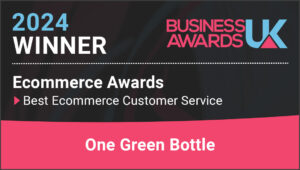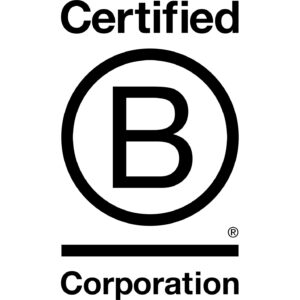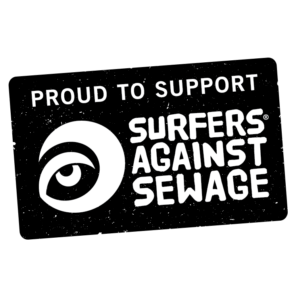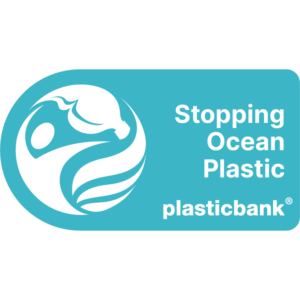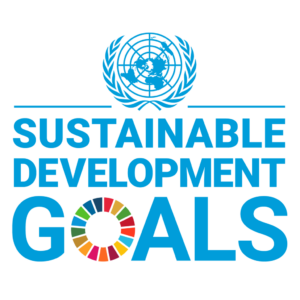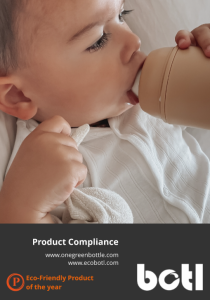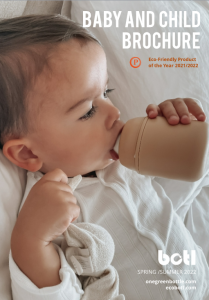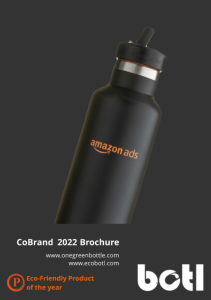Most types of plastic bottles are safe to reuse at least a few times if properly washed with hot soapy water. However, recent revelations about some of the toxic chemicals found in single use plastic water bottles (plastic #7) bottles are enough to prevent even the most committed environmentalists from reusing them—or buying them in the first place.
Reused Plastic Bottles Can Leach Toxic Chemicals
BPA-free and BPS-free bottles – here
Repeated re-use of plastic bottles—which get dinged up through normal wear and tear while being washed—increases the chance that chemicals will leak out of the tiny cracks and crevices that develop in the containers over time. According to the Environment California Research & Policy Center, which reviewed 130 studies on the topic, BPA has been linked to breast and uterine cancer, increased risk of miscarriage, and decreased testosterone levels.
BPA can also wreak havoc on children’s developing systems. (Parents beware: Some baby bottles and sippy cups are made with plastics containing BPA.) Most experts agree that the amount of BPA that could potentially leach into food and drinks through normal handling is probably very small. Nevertheless, there are concerns about the cumulative effect of these small doses over time.
Why Plastic Water and Soda Bottles Shouldn’t Be Reused
Health advocates advise against reusing bottles made from plastic #1 (polyethylene terephthalate, also known as PET or PETE), including most disposable water, soda, and juice bottles.3 Such bottles may be safe for one-time use but reuse should be avoided. Studies also indicate that the containers may leach DEHP—another probable human carcinogen—when they are structurally compromised and in less than perfect condition.
Millions of Plastic Bottles End Up in Landfills
Plastic bottles are not the only reusable containers available to consumers. Safer choices include bottles crafted from HDPE (plastic #2), low-density polyethylene (LDPE, or plastic #4), or polypropylene (PP, or plastic #5). Aluminium and stainless steel water bottles, such as those you’ll find at online retailers and in many brick-and-mortar natural food markets, are safer choices that can be reused repeatedly and eventually recycled.
Checkout our user edit for safe, reusable water bottle shortlist here. These are bottle specifically chosen by our customers as being the best alternatives to plastic single use bottles.
data-template=”@landing-page-blog”
data-keywords=”tough canteen”

